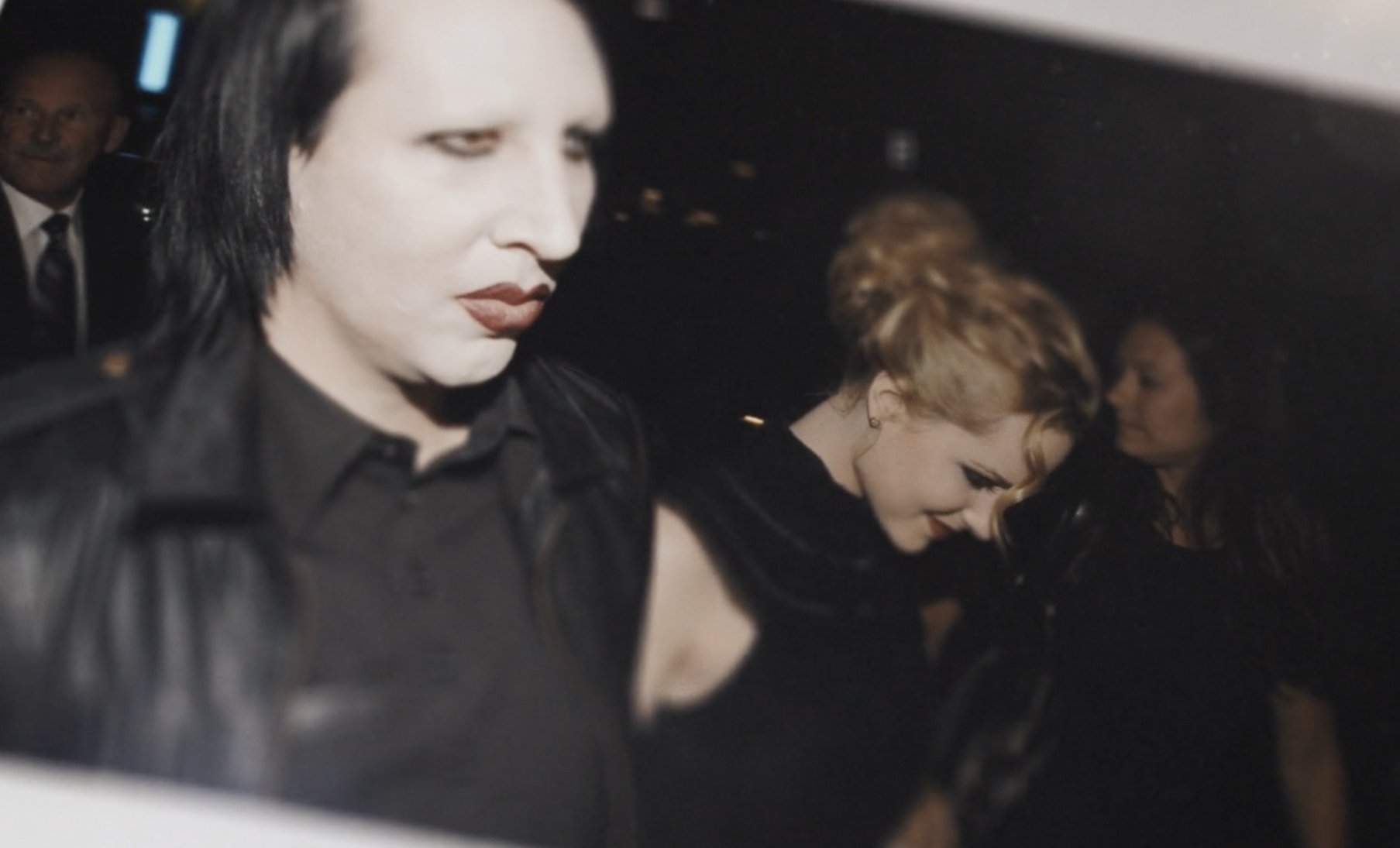- Culture
- 27 Oct 22

The inquiry suggested less than five per cent of women are producers in the music industry.
An inquiry in the UK has found that the Me Too movement has not made an impact in the music industry to the same extent as the ripple effect it had within the film world.
The landmark Misogyny in Music inquiry is part of The House of Commons’ Women and Equalities Committee’s work in preventing violence against women and girls.
The scheme aims to examine what misogynistic attitudes exist in the industry and what steps can be taken to improve attitudes and treatment of women working in the music business.
Earlier this week, the first evidence session featured experts stating that very few women reported misogyny faced in the music industry out of fear for their career and suggested no action was taken for those who did.
Advertisement
 R.Kelly pictured in court in 2019
R.Kelly pictured in court in 2019Dr Cassandra Jones, lecturer in Criminology, Department of Social Sciences, University of Northumbria, surveyed everyone who works in the industry in “any form or fashion” from promoter reps to musicians. In her results, Jones said she found 80 per cent of women did not report abuse.
“The very nature of the music industry itself is rife for toxic workplace behaviours. There is something unique about the music industry that the Me To movement hasn’t really penetrated to the same extent that it has like the film industry.”
“Of the 20% who did report, nothing would happen," she told the inquiry, according to The Independent. In some instances, their career was hurt and they were issued with a non-disclosure agreement or a cease and desist. So when that happens to one woman and then another woman sees this, they’ll often think ‘well why should I report look what happened to her. There is no accountability for perpetrators at the moment. There needs to be something that oversees or scrutinises or monitors the music industry that has legal statutes behind it.”
Chief executive of Black Lives In Music, Charisse Beaumont, compared the music industry to “the wild west” without any organisation or authority to report abusive behaviour to.
Dr Rosemary Hill, senior lecturer in Media and Popular Culture, School of Music, Humanities and Media, University of Huddersfield, added that the gender imbalance translates to a misogynistic culture.
“If we have got a music industry that is dominated by men, we hear stories told from men’s perspectives, they’re really interesting but they’re only half the story. We should be able to hear ourselves reflected in the songs that we listen too and what we want to sing along with," she said.
Advertisement
“We also need to acknowledge that sometimes the way that men portray women in songs is not how we would like to see ourselves portrayed so it is really important to hear women’s stories and to hear the different things we have to say about the world and reflect our different experiences.”
96 per cent of women had been subjected to bullying and harassment in the music industry, Dr Jones' survey found. Drawing on research from traditional workplaces, when there is a gender imbalance in senior leadership there is little incentive for men who are in power to have their views challenged.

“It translates to certain manifestations such as sexual assault and rape but also bullying and sexual harassment, so it becomes this vicious cycle when men are dominating these things,” Dr Cassandra Jones said.
Dr Nicola Puckey, senior lecturer, Department of English, Creative Writing and American Studies, University of Winchester, felt that we are slowly seeing more diversity with female artists producing music.
The inquiry aims to uncover more about how these attitudes “filter through society”, impacting the treatment of women and girls - including at live music events.










